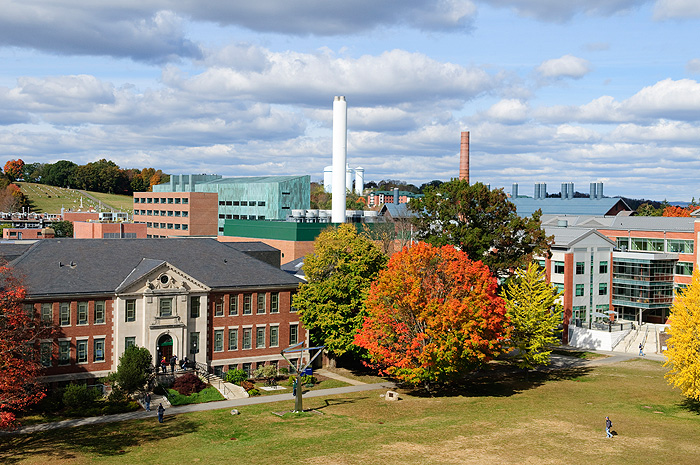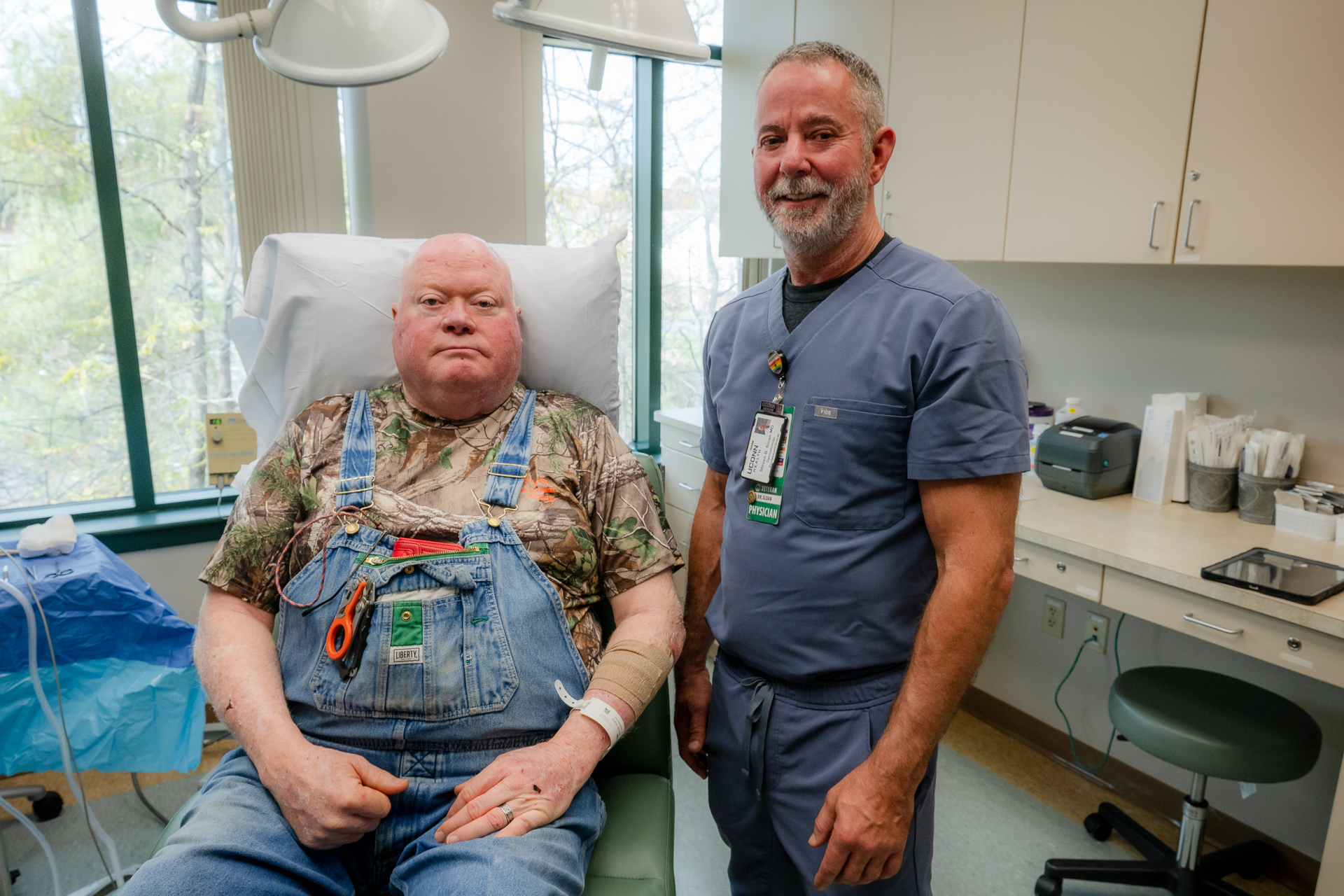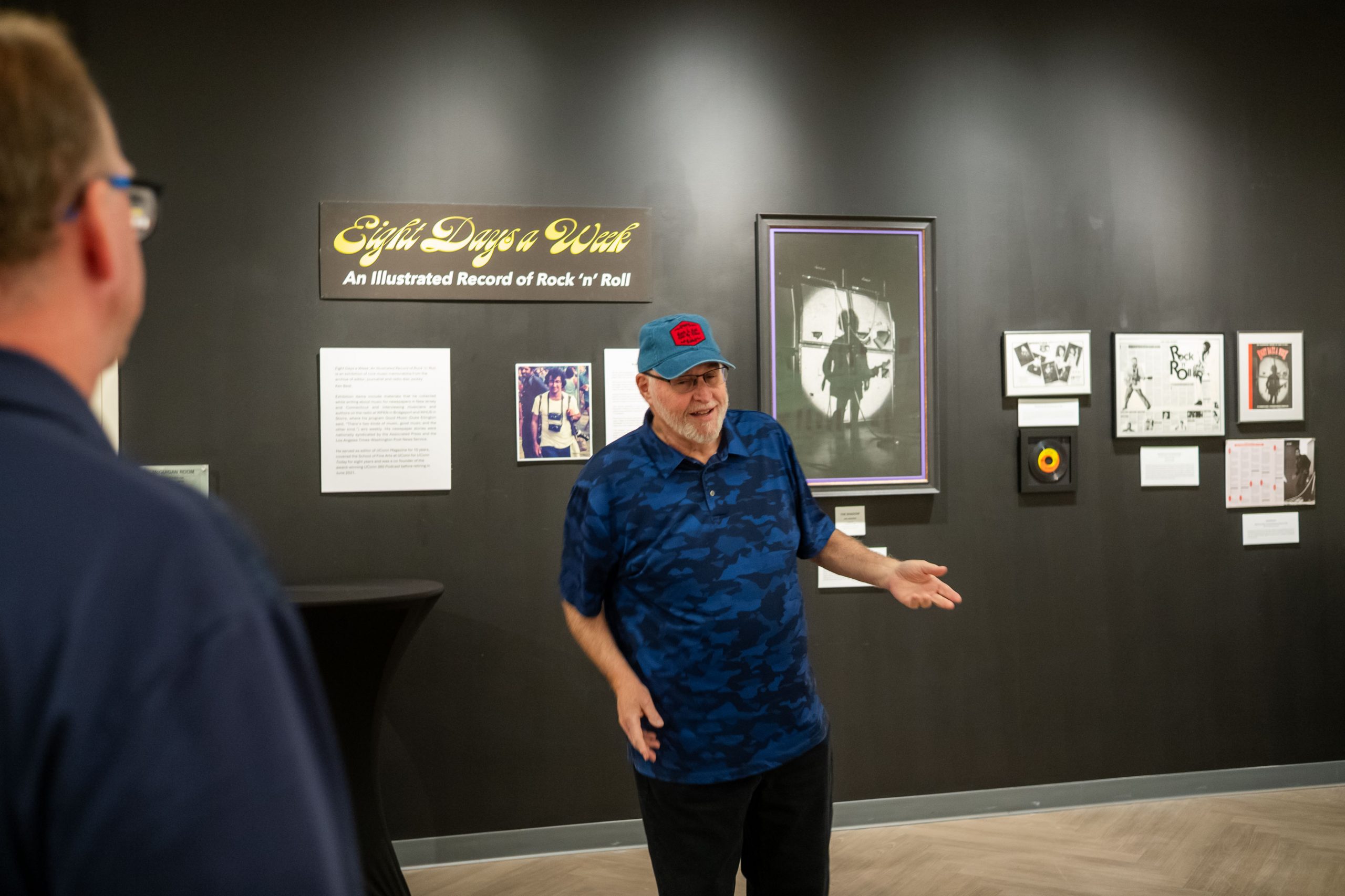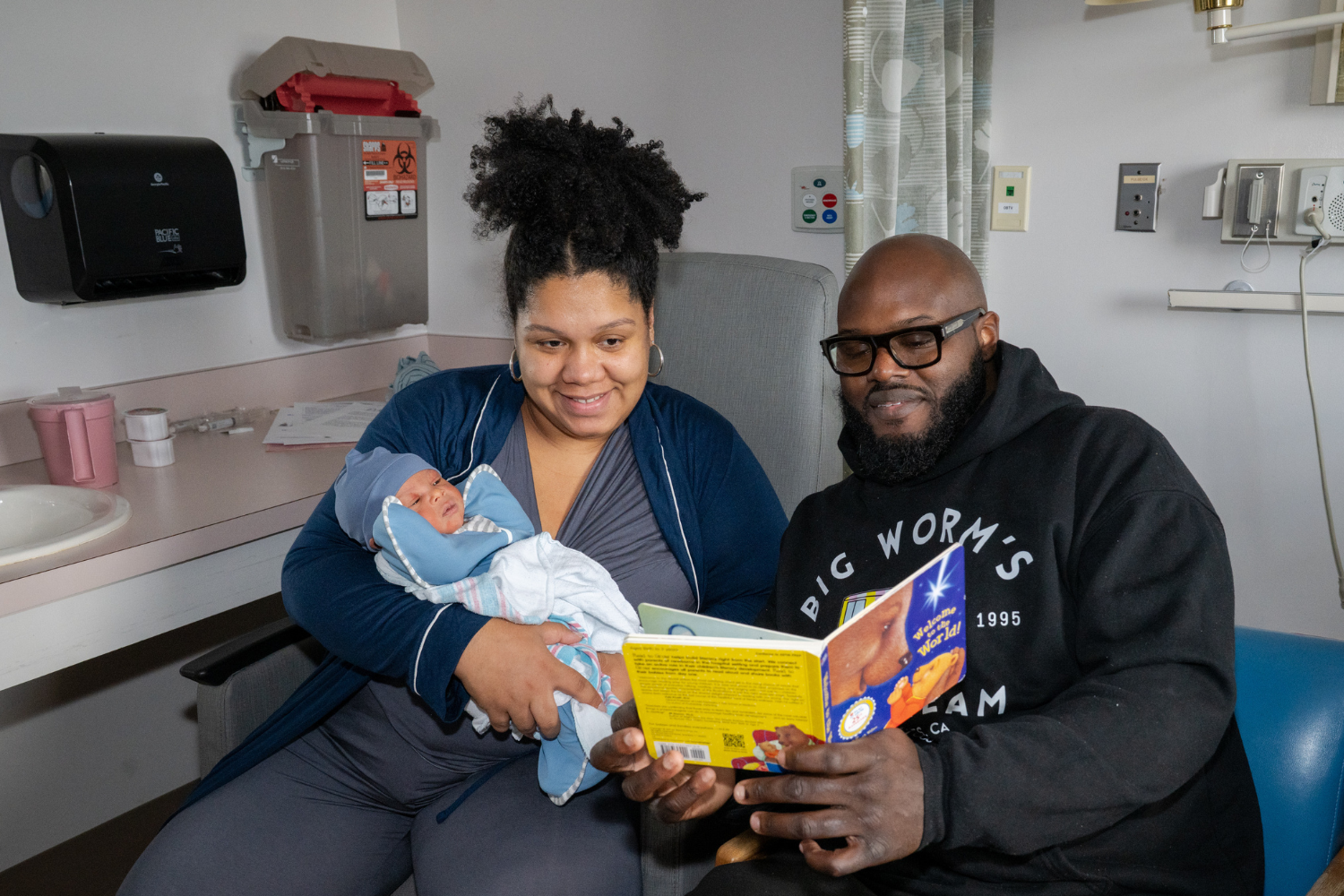On April 7th, over 140 female eighth grade students from 15 area middle schools learned the answers to these and other burning questions-along with an important lesson: applying scientific, technological, engineering and math (STEM) principles to everyday items is fun and fulfilling. The girls were on campus for the annual Multiply Your Options (MYO), a one-day workshop begun by the School of Engineering in 1994 to introduce young women to engineering and scientific principles at a time when they are beginning to think seriously about college and career options.
National Science Foundation statistics indicate that women remain underrepresented in the nation’s science and engineering workforce, comprising just 25%. Yet time and again, studies of elementary school students suggest that girls are on par with boys in terms of interest and performance in math and science. Sadly, many fewer female students remain interested by the eighth grade. MYO targets this very age group and presents STEM subjects in an engaging manner, with female practitioners as workshop leaders.
The 2006 MYO began with students and their teachers engaged in a day of hands-on, problem solving workshops presented by female engineering and science students and practitioners. The workshops blended solid learning, question-and-answer sessions, and a genuine educational experience while maintaining an undercurrent of fun and excitement.
In one workshop, participants learned the fundamental elements of a battery and assembled their own unit using a lemon, copper and nickel rods, wire and a voltmeter. In another, the girls blended baking ingredients: cocoa, nuts, oatmeal, sugar, butter and other ingredients to make an asphalt-like mixture that shared many properties with the asphalt used in surfacing and repairing roadways. Propulsion was the subject of another workshop, during which students assembled race cars from plastic water bottles, model wheels, Legos®, electrical tape and corks; poured vinegar and then baking soda into the bottle and quickly placed the worthy vehicles on a flat surface. Fueled by the explosive carbon dioxide produced by a chemical reaction, the vehicles were propelled quickly as their corks and fluids were expelled behind them as “exhaust.”
Other workshops included the green square game, an exercise in reducing materials waste during production of an industrial widget; an electricity/magnetism workshop that introduced students to the relationship between these two physical phenomena; and a chemical rainbow lab in which students examined chemical reactions and observed the tell-tale color changes that distinguish these reactions.
During the afternoon, attendees engaged in Tool Clues, a deductive game in which female role models offered hints about their occupations and the students attempted to correctly deduce their careers. Pfizer electron microscopist Gretchen Beckius, placed career clues in paper bags; each student team inspected the contents of every bag before posing one question intended to shed further light on the mystery occupation. The groups were unanimous in correctly deducing Ms. Beckius’ occupation, which involves studying the characteristics and effects of certain disease states so that Pfizer can design safe and effective pharmaceutical solutions. Other Tool Clues groups followed the same formula, with similar success.
MYO is an outreach initiative of the Engineering Diversity Program and is overseen by director Kevin McLaughlin. Commenting on the importance of MYO, Mr. McLaughlin said “As the nation’s competitiveness in math, science and engineering has plummeted in recent years, programs such as MYO offer young women successful role models for pursuing their education in these very subject areas.”
Participating students hailed from Ashford, Brooklyn, Columbia, Coventry, Ellington, East Hampton, East Hartford, Hebron, Mansfield, Plantsville, Somers, Tolland, Vernon and Willington.
“The primary purpose of Multiply Your Options,” said Marty Wood, Assistant Dean for Undergraduate Education, “is to enlighten students, with female-led handson projects, on how important high school mathematics and science courses are in opening so many opportunities. To become outstanding scientists, mathematicians or engineers, students must have a passion for math and science and a ‘gatekeeper’ who enables them to experience, first-hand, the various professions open to women.”



